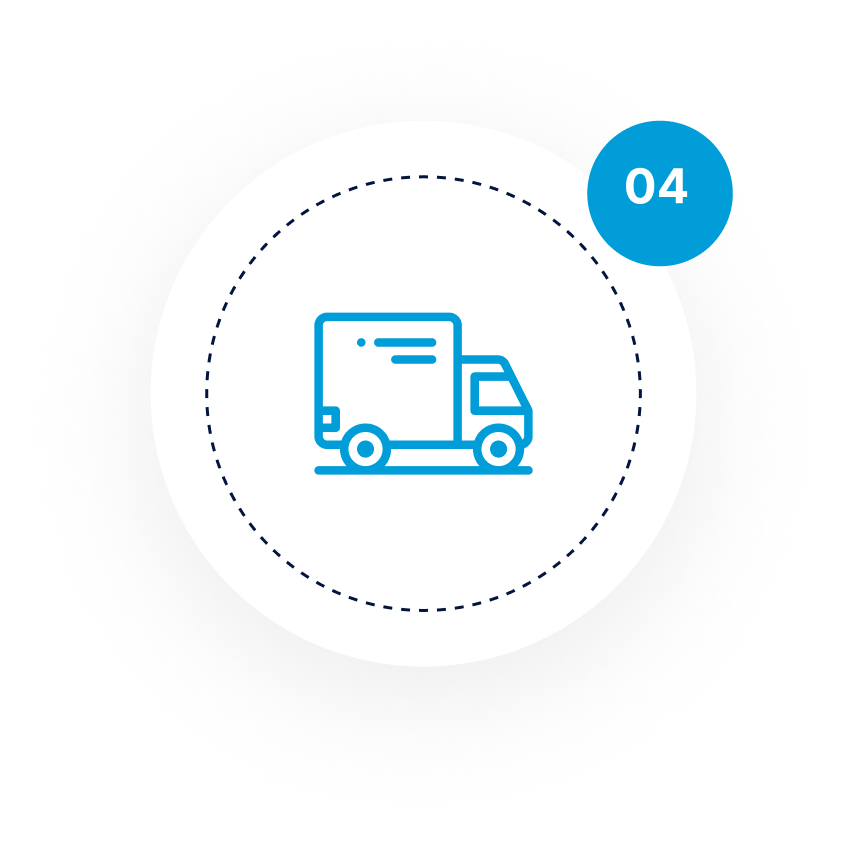About Us

Track Shipment

Services


Track your Shipment
Stay updated on the status of your deliveries with our easy-to-use tracking feature. Whether you're sending a parcel across the city or shipping goods internationally, we provide real-time updates at every step of the journey. Simply enter your tracking number to get the latest information on your shipment's location, estimated delivery time, and more.


Get Customized Quote
Request a quotation from us today! Whether you’re sending a small package or organizing a large freight shipment, we provide tailored options to fit your specific needs.


Expertise and Experience
Backed by years of industry knowledge and a skilled team, we deliver reliable logistics solutions tailored to your unique needs.
Click on the icon below to sign up for an account with OCS and experience seamless shipping services."
What We Offer
Reliable and timely deliveries at Competitive pricing
.jpg)


Business with Tailored Logistics Solutions
Overseas Courier Service, UAE was established in 1991 as joint venture between OCS ANA Group Tokyo, Japan and Jashanmal National Company, UAE. Overseas Courier Services is acting as hub for all Middle East stations to cater to the express services needs of customers in this region.
01
Expertise and Experience
02
Committed to Quality
03
ComprehensiveServices
Industry News

How to Get Hired in the Logistic Industry.

Don’t get stuck with the rest, truck with.

Deserunt mollitia animid est laborum dolorum fuga.
Industry News
Working Process for services
.png)

Online Quote
Get a fast and accurate price estimate for your shipping needs.

Picking Product
OCS team ensures careful selection and secure handling of your items.

Product Packaging
Professional packaging designed to protect your goods during transit.

Product Transport
Reliable and timely delivery to your desired destination.

Track Shipment

.png)













